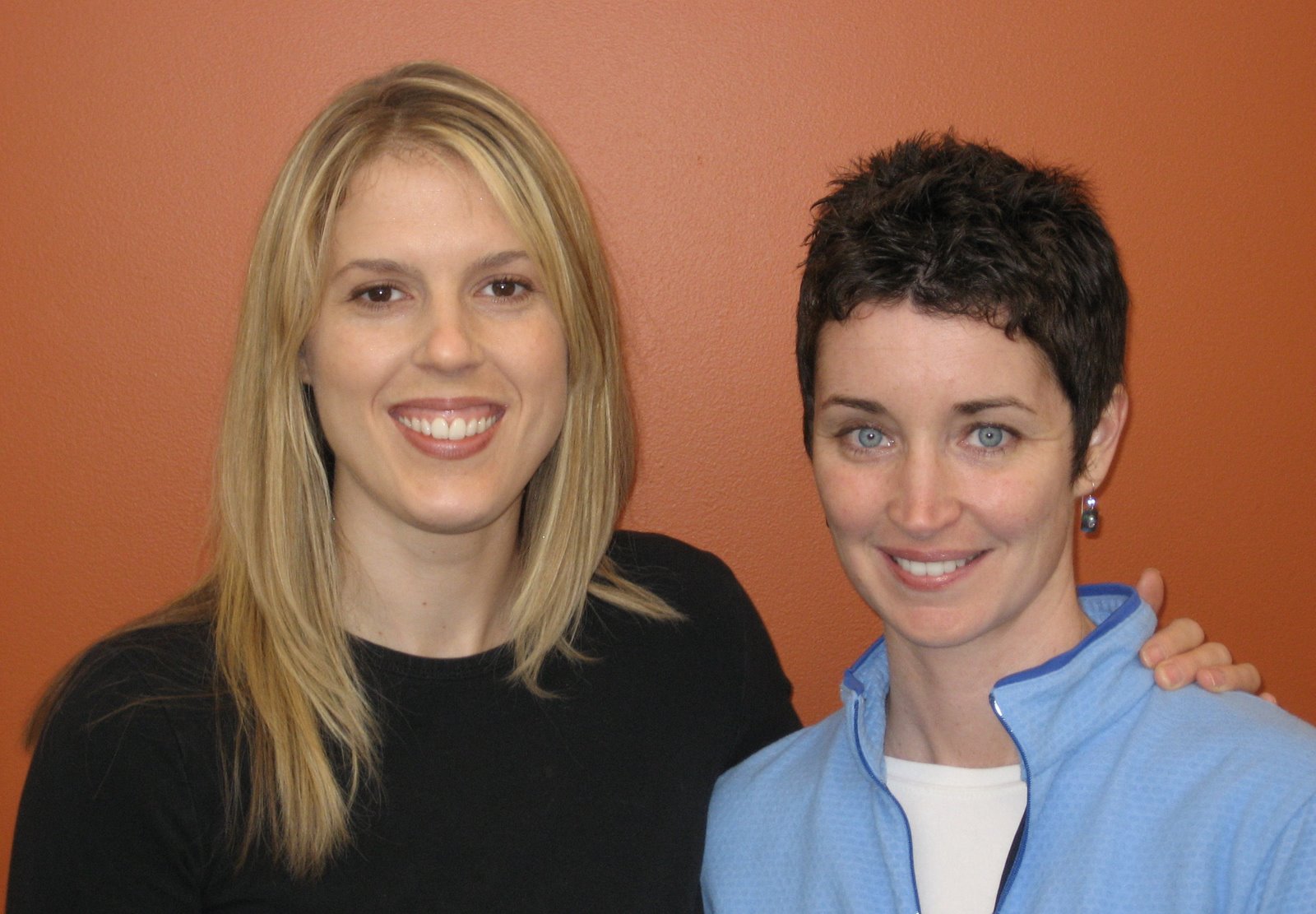Back in 1980 the FDA published a warning advising pregnant women to restrict or eliminate their intake of caffeine because of its teratogenic effects (cause birth defects). This was echoed in 1994 with a review of over 200 medical journals by Dr. Astrid Nehlig that was published in The Journal of Neurotoxicology and Teratology.
Currently, the advice on caffeine intake during pregnancy is moderation - meaning less than 300mg. This is because new studies show no harm with intakes less than that. Due to the fact that scientific studies are showing new and different results, I tend to be conservative in my personal view on caffeine and pregnancy.
What does caffeine do?
Caffeine stimulates your central nervous system, leaches calcium, reduces iron absorption, has a diuretic effect and crosses the placenta into your baby. This means it has the following results in your body:
Raises your heart rate
Decreases the amount of calcium in your body
Dehydrates you
Increases your blood pressure
AND the same things occur for your baby (except baby will steal from your bones to get needed calcium)
That’s not all - it also interferes with a normal fetal growth, is associated with lower birth weight and weakens adrenal glands, which affect your blood sugar regulation and stress coping abilities.
It is best to avoid or at least reduce your caffeine intake to no more than 300mg per day. Some experts say no more than 150mg per day. You may be able to handle the caffeine, but baby’s liver is immature and not able to get rid of it like you. Imagine if that 1 cup of morning coffee lasted you 40-130 hours as it does for your baby.
Common caffeine sources
Coffee (100-200 mg per 8 ounce)
Tea (black 60mg, green 40mg)
Soda (40-75mg per can)
Dark Chocolate (5-35mg per 1 ounce)
Milk Chocolate (1-15mg per 1 ounce)
Headache medicine (65-130mg)
If you are a caffeine user, I recommend reducing to less than 300mg per day (some studies show increase miscarriages with more than 300mg). Then gradually reducing to as close to zero as possible, which will not only benefit your baby, but also your ability to handle stress.
www.FitandHealthyPregnancy.com
Subscribe to:
Post Comments (Atom)


No comments:
Post a Comment